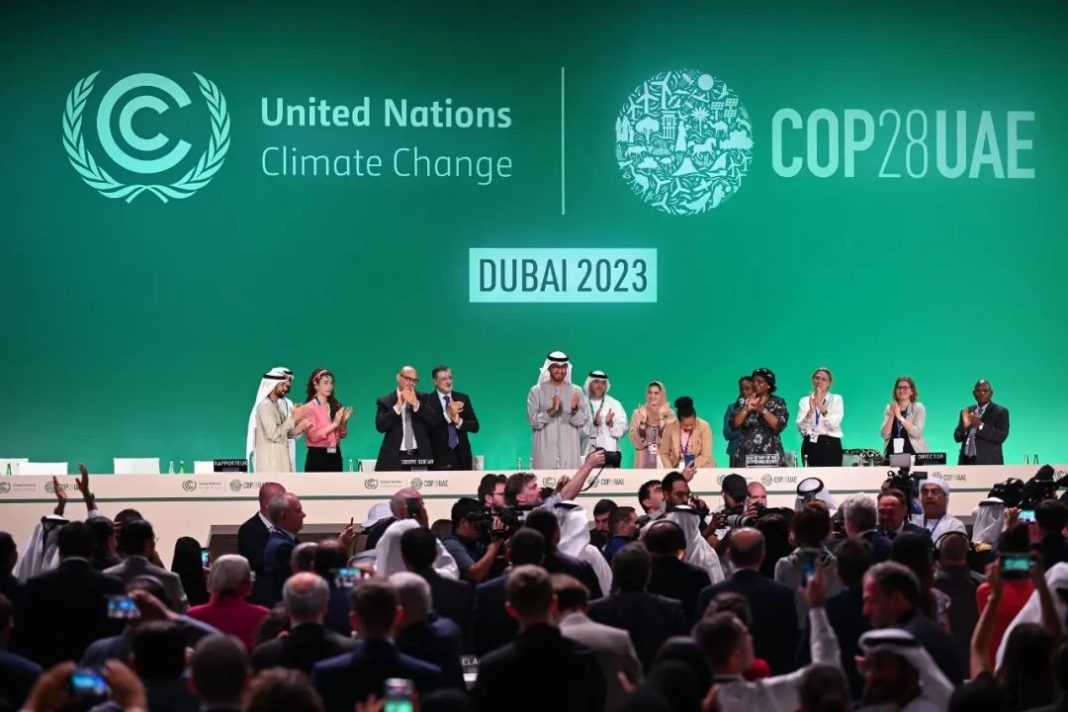KARACHI: “The increasingly severe climate change has an immeasurable impact on the marine ecological environment, and thus on global fisheries,” noted Shoaib Kiani, Assistant Professor at the University of Karachi’s Institute of Marine Science during an exclusive interview with Gwadar Pro, stressing that the impact will be even greater on tropical maritime countries.
“The temperature of the shallow seawater gradually increases, and the temperature difference between the shallow and the bottom seawater further expands, which seriously affects the upwelling of nutrients from the depths of the ocean. Fish will not be able to obtain the nutrients needed for reproduction, growth and other life processes.
In addition, the ecology of those organisms at the lowest level in the food chain, such as phytoplankton, will be severely damaged, triggering a domino effect that will affect the entire marine ecosystem.”
Statistic showed that about 850 million people worldwide live within 100 kilometers of tropical coastal ecosystems and derive income from industries such as fishing, aquaculture and tourism. Nearly 20 percent of the per capita animal protein intake of 3 billion people comes from fisheries, and 400 million people rely heavily on fish production for their food security.
“There is no doubt that countries like Pakistan that rely on fisheries and lack systematic marine ecological protection measures will suffer extremely.”
“Not only limit to the impact on fisheries, research shows that global upper ocean temperatures have increased over the past few decades, with sea levels rising by an average of 1.7mm per year.
And long-term ocean circulation trends, surface winds, storm systems and wave patterns have also experienced regional changes. Salinity has decreased in high and mid-latitudes, while it has increased in low latitudes. Increased surface temperatures have led to less oxygen in warm water, while there has been a long-term trend of ocean deoxygenation.
Carbon dioxide stored in the ocean more than 50 times higher than the atmosphere, and the global ocean’s expanding storage of carbon dioxide is causing the ocean environment to become increasingly acidic, potentially accelerating the rate of sea level rise.
Floods in Pakistan caused more than USD 30 billion in direct losses, and as a result, sea levels rise is definitely not good news for us,” Prof Kiani told reporter.
Lately, Dr. Adnan Arshad, Director of the Climate Change Education Program at Potohar Organization for Development Advocacy (PODA)-Pakistan, called for increased collaboration with China to combat the crisis at the just concluded COP28 conference held from November 30 to December 13 in Dubai, UAE. –Agencies






